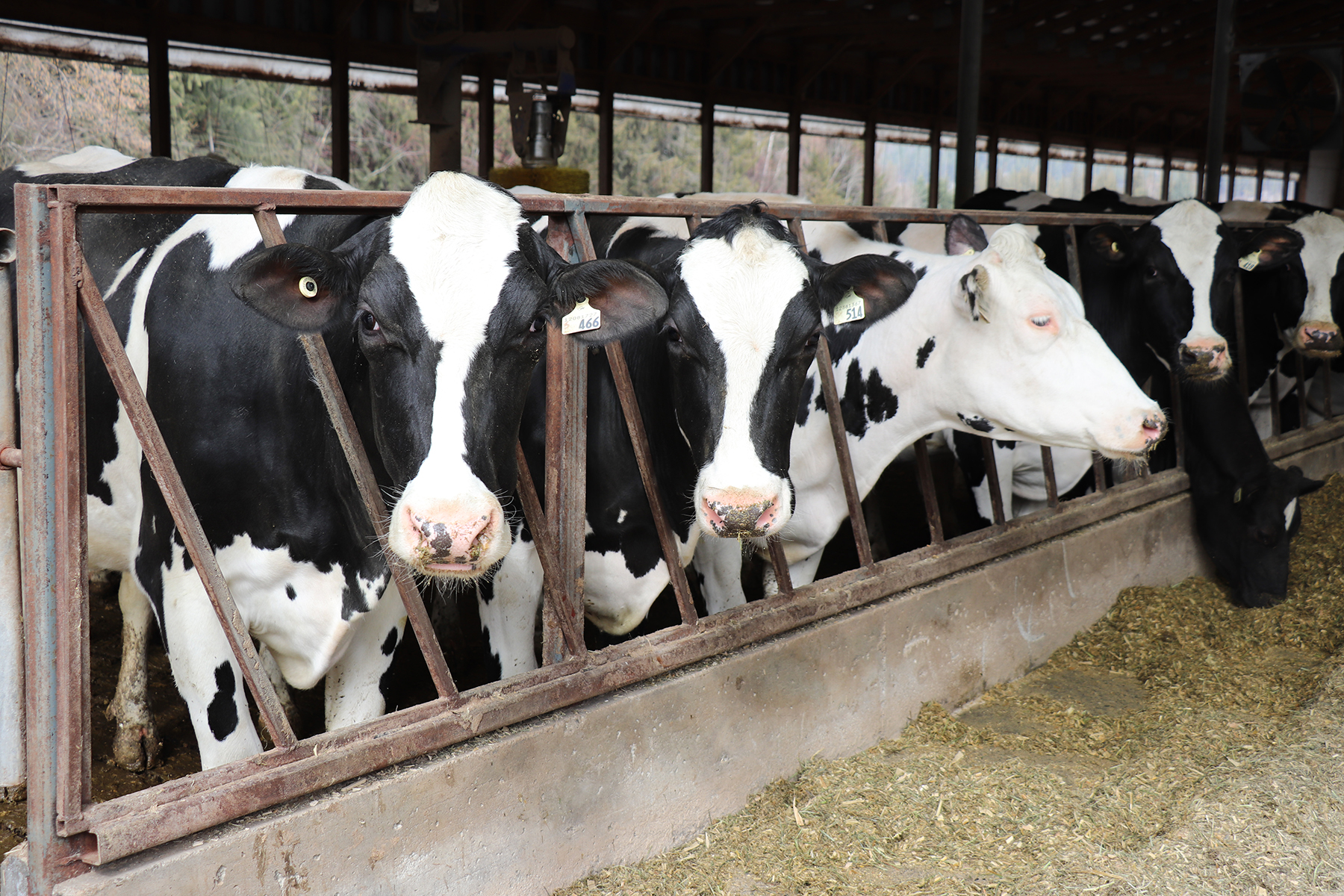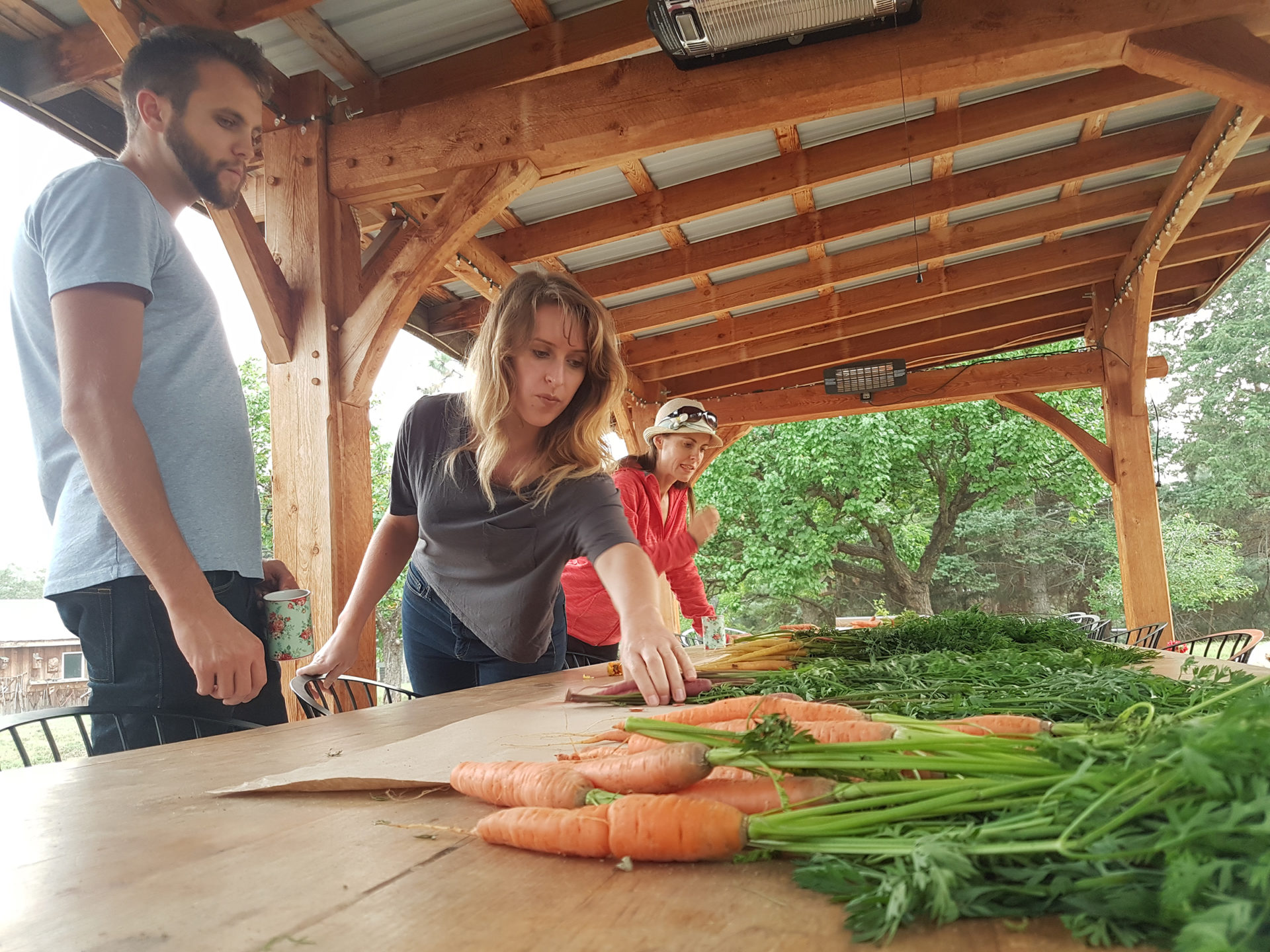ABBOTSFORD – Are you genuinely interested in becoming a dairy farmer?
Having finally cleared its waitlist, the BC Milk Marketing Board has released details of its revised New Entrant Program (NEP). Unlike previous iterations, the new NEP will not include a waitlist.
“Waiting 10 or 15 years to get started is not workable,” says BCMMB chair Ben Janzen.
Under the new program, new entrants will receive 15 kgs of Continuous Daily Quota. At today’s quota price, that represents a value of $577,500. The board will also provide a matching grant of up to eight kgs of CDQ if the new entrant purchases additional quota, and give new entrants priority status on the quota exchange.
If a new entrant receives the maximum available grant of 23 kgs of quota by purchasing eight kgs of CDQ, the total holding of 31 kgs will still only be enough for about 22 to 25 cows.
Janzen admits that may not be enough to create a viable dairy farm but says the NEP’s objective is to assist new farmers get into the industry.
“The objective has never been to give someone a farm. Dairy farming is not a cheap business to get into,” he says.
The amount of quota new entrants will receive was the subject of considerable discussion, he adds.
“We have quite a few farms with less than 50 kgs of CDQ and it wouldn’t be appropriate to give a new entrant a quota holding that would be larger than a significant number of existing farmers,” he explains.
The BCMMB will accept applications for the first round from November 2018 through January 2019. The board intends to bring in three applicants the first year and six every other year thereafter. Applicants who are unsuccessful in one round may apply in future rounds. There will be a $250 non-refundable fee for all applications.
To be eligible, applicants must be at least 19 years of age and permanent residents of BC. Spouses may submit only one application, and neither the applicant nor spouse should have had any prior interest in any supply-managed quota in Canada. While those criteria are common to all BC supply-managed NEPs, the BCMMB has added a significant additional requirement: applicants must have at least two years on-farm dairy experience or have completed a DairyPro apprenticeship or similar program.
“We want people who have some basic experience or training in dairying,” Janzen explains.
All eligible applicants will go into a random draw in which eight (16 in subsequent draws) applicants will be chosen. Those applications will then go to a selection committee consisting of a board-appointed chair, two agri-business representatives, a financial services representative, one current producer chosen by the BC Dairy Association, one existing NEP producer and one BCMMB staff member. The selection committee will not include any BCMMB directors.
Applicants chosen in the draw will then have to submit a proposed farm location, five-year specific business plan, 10-year general business plan, two letters of reference and a brief essay describing why they want to become a dairy farmer and how the program will assist them.
The selection committee will review and score each application. Applicants can improve their score by proposing to serve a needed niche market. The top three applicants will be invited to become new entrants and given a year to come into production.
That is still not the end of the process, however. New entrants will be prohibited from merging their NEP quota with an exempt family transfer for 10 years. If they accept an exempt transfer during that time, the NEP quota they have been granted will be clawed back. They will also be required to personally carry out the proAction on-farm validation and attend at least one regional producer meeting each year for the first five years and provide a written update of their progress and/or challenges as new farmers.


 National park reserve consultations to resume
National park reserve consultations to resume